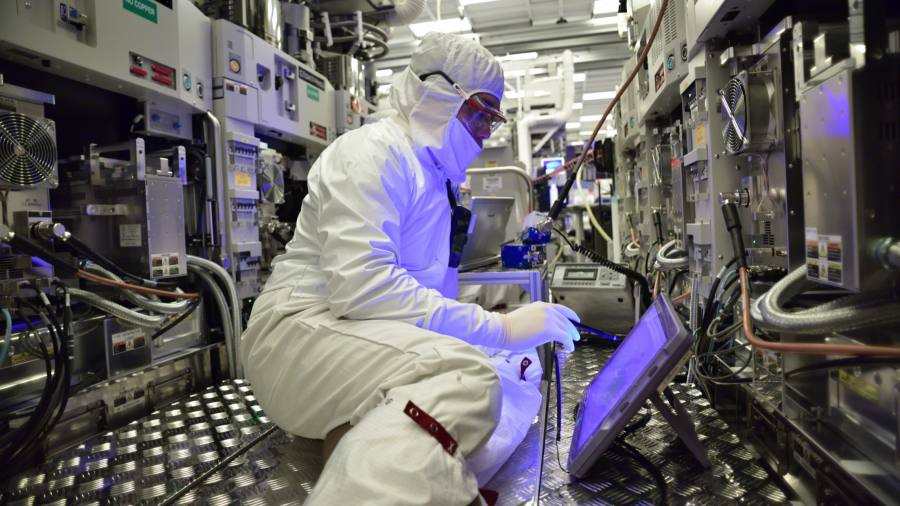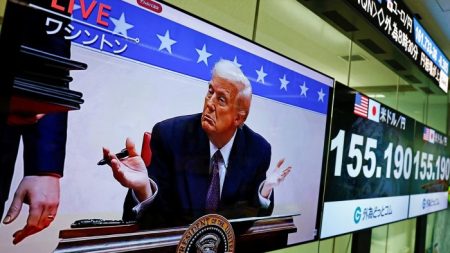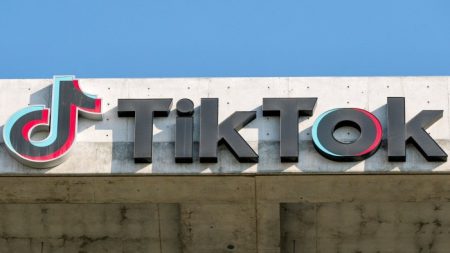Germany is pushing Intel to expand its plans for a landmark €17bn chip plant in exchange for higher subsidies, in what is already set to be the country’s largest foreign direct investment since the second world war.
The US semiconductor group is due to receive €6.8bn in subsidies from Berlin to build its mega fab, or manufacturing plant, in the eastern city of Magdeburg.
People close to the company said Intel wanted subsidies to rise to at least €10bn, citing higher energy and construction costs. German officials said they could increase the financial support, but only on condition the group invested more.
“It is logical that if the scale of the investment is increased, then the level of subsidy will also rise,” said Sven Schulze, economy minister of the eastern state of Saxony-Anhalt, of which Magdeburg is the capital.
“We need Intel to meet us halfway,” said one German official.
However, any requirement for Intel to invest more could add to financial pressure on the company at a critical time. It recently indicated that it would moderate capital spending this year after an unexpected slump in sales forced it to slash its dividend to save cash.
The talks between Intel and the German government come at a time when the Biden administration is showering chipmakers with hundreds of billions of dollars in subsidies to increase manufacturing in the US. That has piled pressure on the EU to match such efforts or risk seeing investment drift away to America.
German officials say subsidies for Intel’s project are being provided under the auspices of the European Chips Act, which aims to mobilise more than €43bn in public and private investments for the bloc’s chip industry, but which is still being negotiated. Confirmation will still be needed from Brussels that the financial support on offer complies with EU state aid rules.
Intel announced in March last year that it would build its Magdeburg mega fab using the most advanced chip manufacturing technology. It is due to go into operation by 2028.
The plant is part of the company’s efforts to claw its way back to the forefront of the chip industry after falling badly behind Asian rivals such as Taiwan Semiconductor Manufacturing Company. It was designed to be the centrepiece of a decade-long investment plan that could eventually total €80bn, subject to demand and the availability of future subsidies.
The venture is pivotal to EU ambitions to double its share of the global semiconductor market from less than 10 per cent today to 20 per cent by 2030. It is also central to German chancellor Olaf Scholz’s strategy of reducing his country’s dependence on Asian suppliers for advanced chips needed in everything from smartphones to electric vehicles.
Since Intel announced it was building the mega fab, energy costs in Germany have soared, a consequence of Russia’s decision to cut gas exports to Europe in the wake of its invasion of Ukraine. High inflation has also had an impact on construction costs, prompting Intel to request more subsidies.
The German government and Intel both declined to comment on any demands by Berlin for a higher level of investment.
Intel said it shared the German government’s objective of “build[ing] a more globally resilient supply chain by strengthening Europe’s semiconductor manufacturing capabilities”.
Intel added that since announcing plans for the Magdeburg fab, “disruptions in the global economy have resulted in increased costs, from construction materials to energy”. The company said it remained committed to the project and had signed a purchase agreement last November to buy land for the site.
The German economy ministry said talks were under way inside the government on “closing the planned project’s cost gap, which has increased significantly in the past few months”.
Read the full article here
















